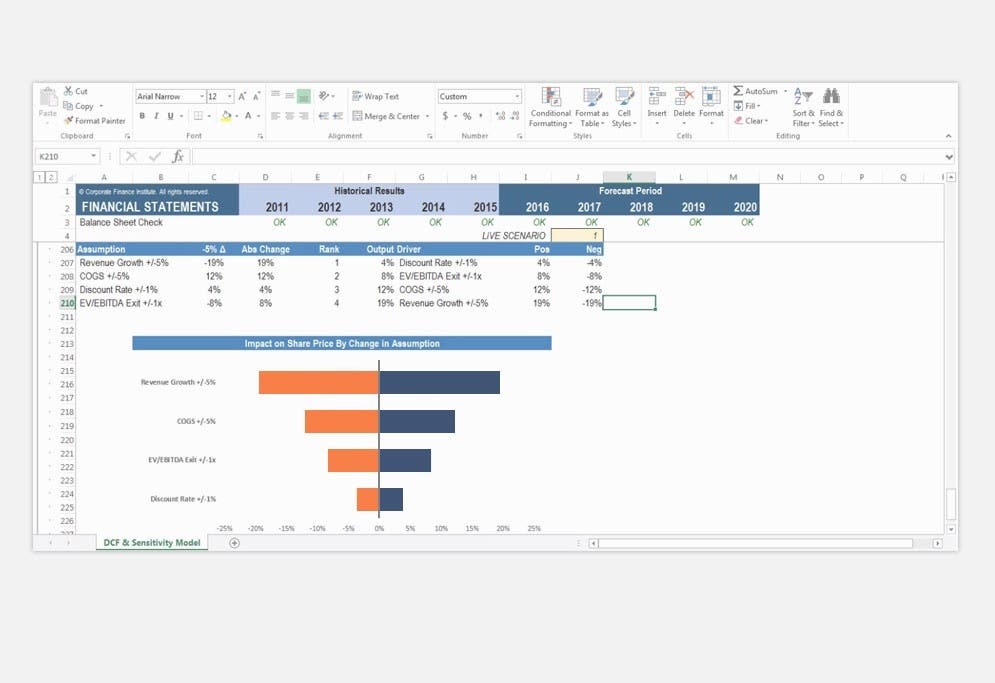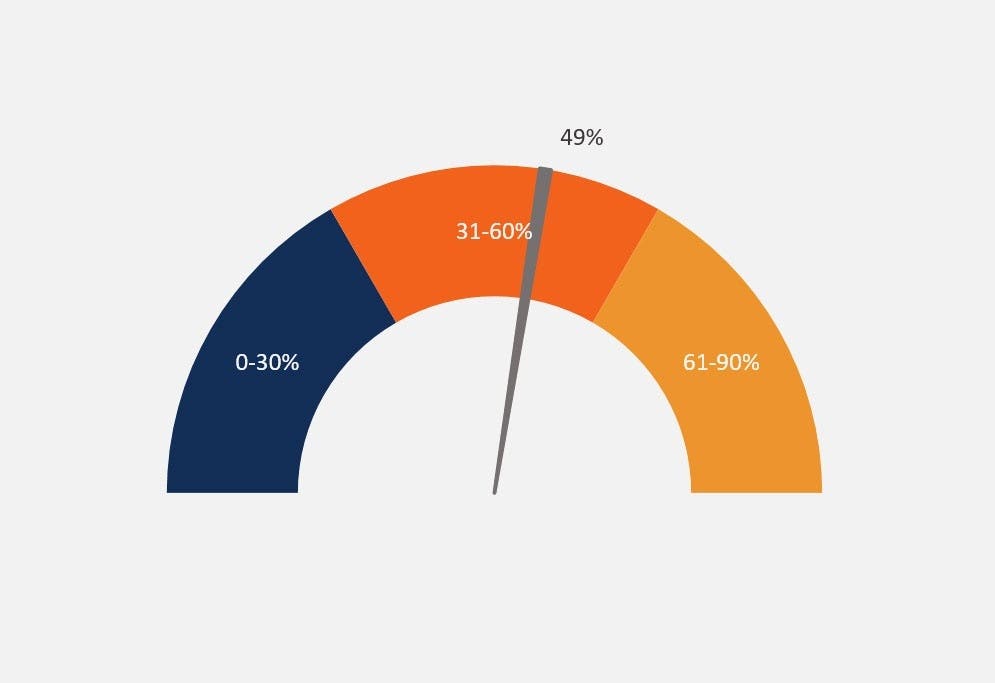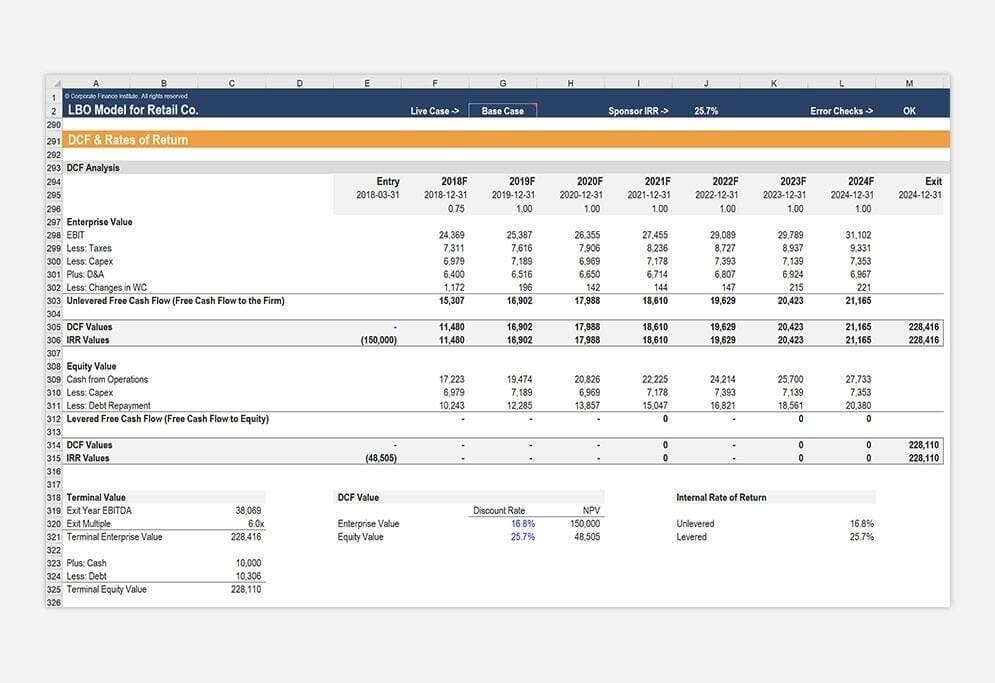Webinar Recording: Bridging the Gender Gap in Corporate Finance
In recent years, finance and banking—and many other industries—have come under scrutiny for lack of gender diversity and persistent inequality. Despite initiatives to promote diversity and equal opportunities, women continue to be underrepresented in leadership and executive positions, face barriers to advancement, and experience wage gaps.
There’s no doubt complex factors contribute to this ongoing disparity and discussions need to continue to find real solutions for creating a more equitable environment for women in finance. Just take a look at a few of the statistics:
- On average, women in finance earn 19% less than their male counterparts
- Women make up 15.4% of executive officers in the finance industry—and hold only 22% of board seats in finance companies on the S&P 500
- Women are underrepresented in lucrative finance sub-sectors, such as investment banking and private equity, where they hold only about 20% of senior roles
- For every 100 men promoted from entry-level roles to manager positions, only 87 women and 82 women of color are promoted, according to McKinsey & Company’s 2022 Women in the Workplace report
We underwent a process at CFI last year to ensure we didn’t have any pay disparity—but we do suffer from the lack of gender representation in our sector. While we have a female CEO (that’s me!) and a relatively even gender split across our employee population, only two of nine subject matter experts who lead our training programs are female—a dismal 22% representation. Our finance team fares a bit better, with three men and four women reporting to our CFO. We know we need to do better, and will continue to find ways to bring more balance to our training team.
Women Leaders in Finance Discuss How We Can Move Forward and Upward
For this year’s International Women’s Day, we brought together a panel of four successful leaders in finance and banking to discuss closing the gender gap and creating equality for women in finance:




The discussion encompassed a wide range of themes, including the importance of self-advocacy, mentorship, and continual learning. In this article, I’ll recap my own key takeaways from the event and provide a summary of the insights and advice shared by the panelists.
Key Takeaways for Women Navigating Careers in Finance and Banking
Advocate for yourself
One message conveyed by each panelist was the importance of self-advocacy. They stressed that, as women in a male-dominated industry, it’s crucial to be proactive in voicing your achievements, skills, and aspirations. By demonstrating confidence and belief in your abilities, you will not only be more likely to garner the recognition you deserve — but also inspire other women to follow suit.
Ask for opportunities
The significance of taking the initiative to proactively ask for professional opportunities, rather than waiting for them to be presented, can’t be overstated. By seeking out new challenges and responsibilities, women both expand their skill sets and demonstrate clear ambition and commitment to their careers.
Beverly: “As a female, and as a Black female, in finance, I found myself being the only person who looked like me in a lot of rooms. I wasn’t intimidated by that but I think you have to do the approaching because it’s not so much that people don’t want to approach—it’s that they don’t know how. For a lot of men, this is new to them. If they’re doing something you want to get into, find that neutral interest and let them know it’s something you’re serious about and interested in learning.”
Build your network around you
The panelists highlighted the importance of developing a strong support system that includes mentors, peers, and industry professionals. By fostering these relationships, you can access invaluable guidance and resources to help you navigate the complexities of the finance industry. Your network will be your foundation as you progress through your career.
Mentorship takes many forms
When discussing mentorship, the panelists pointed out that it can take various forms, from formal mentor-mentee relationships to more casual connections. They recommended seeking out multiple mentors who can provide different perspectives and experiences to offer a well-rounded understanding of the industry. Remember that mentors can be found both within and outside your organization — and make sure not to limit yourself to one source of guidance.
Amanda: “I get leery of the idea that you need a ‘mentor’ because it makes people think you need this one person you have regular quarterly meetings with, which in itself is great, but you need a network. I spent a career going to talk to someone in legal, just because. I asked the head of supply chain if I could sit in on his staff meetings to try to understand what goes on and turn it into a result. The fact that he said ‘sure, why not?’ is mentoring.”
Finance is sexy!
This was one of my favorite takeaways and something I learned when I joined CFI. In an effort to challenge the conventional image of finance as a dull, number-crunching field, the panelists emphasized the exciting, dynamic nature of the industry and how much business influence the finance function wields. The world of finance offers endless opportunities for growth, innovation, and creativity, making it an attractive career choice for anyone with a passion for business, problem-solving, and critical thinking. Finance is the center of business decision-making and is an inarguably strategic function.
Be a perpetual student
I was surprised (and so happy) that the importance of lifelong learning was another theme to came up throughout the discussion. The panelists encouraged attendees to approach their careers with curiosity and a willingness to learn, as this will enable them to stay ahead in the ever-evolving finance landscape. Continually identifying areas for improvement and seeking out resources to enhance your skills not only strengthens your professional capabilities but also demonstrates your dedication to your career.
State your intentions
The panelists urged attendees to clearly articulate their career goals and intentions. By being transparent about your aspirations, you can better align your actions with your objectives and ensure that your efforts are directed toward the right outcomes. Communicating your intentions also allows others to understand your needs and provide the necessary support and guidance.
Be open to different paths and ideas
Lastly, the panelists encouraged attendees to remain open-minded and adaptable in their career journeys. Embracing different paths and ideas can lead to unexpected opportunities and insights, which can ultimately contribute to a more fulfilling and successful career. By remaining receptive to new perspectives and experiences, you will be better positioned to adapt to the ever-changing landscape of the finance industry.
Michaela: “Even looking a the CFO role, it’s covering so many facets and it’s important to have a diverse background. It’s more strategic than it used to be and can often overlap with COO functions, or HR—a lot of skills that you may not pick up from a more direct track at, say, the Big Four. Any experience is valuable. You just have to fill and complete the gaps that you see in your own experience and get it in your own role.”
Watch the Full Discussion and Empower Yourself With New and Deeper Skills
Get all of the insights and advice shared by our brilliant panelists by watching the free recording of the entire discussion, below. And explore all of CFI’s courses —over 30 of which are completely free, with no credit card required — to gain new skills, advance the ones you have, and prove your expertise with accredited certifications and specializations.
Create a free account to unlock this Template
Access and download collection of free Templates to help power your productivity and performance.
Already have an account? Log in
Supercharge your skills with Premium Templates
Take your learning and productivity to the next level with our Premium Templates.
Upgrading to a paid membership gives you access to our extensive collection of plug-and-play Templates designed to power your performance—as well as CFI's full course catalog and accredited Certification Programs.
Already have a Self-Study or Full-Immersion membership? Log in
Access Exclusive Templates
Gain unlimited access to more than 250 productivity Templates, CFI's full course catalog and accredited Certification Programs, hundreds of resources, expert reviews and support, the chance to work with real-world finance and research tools, and more.
Already have a Full-Immersion membership? Log in





